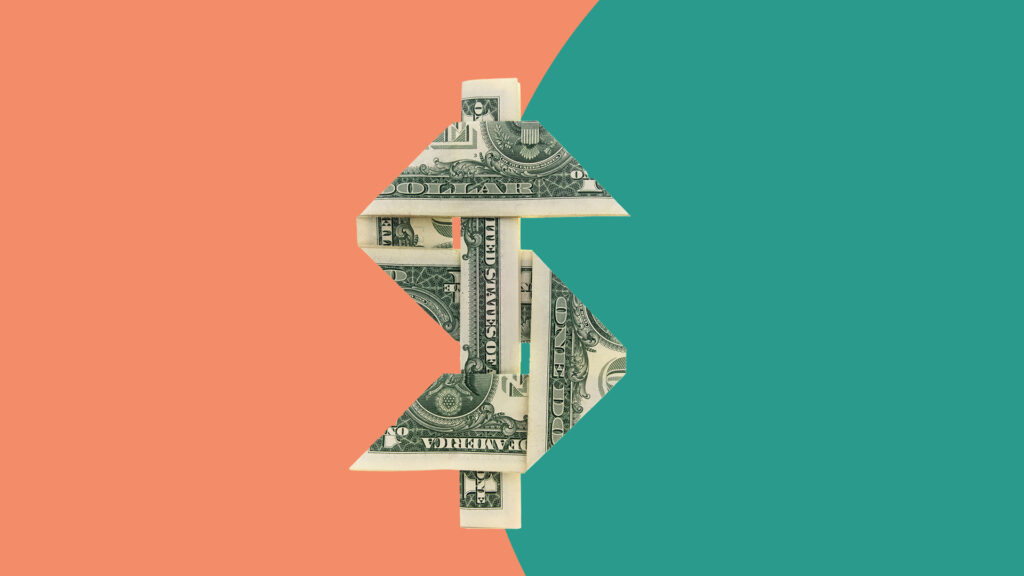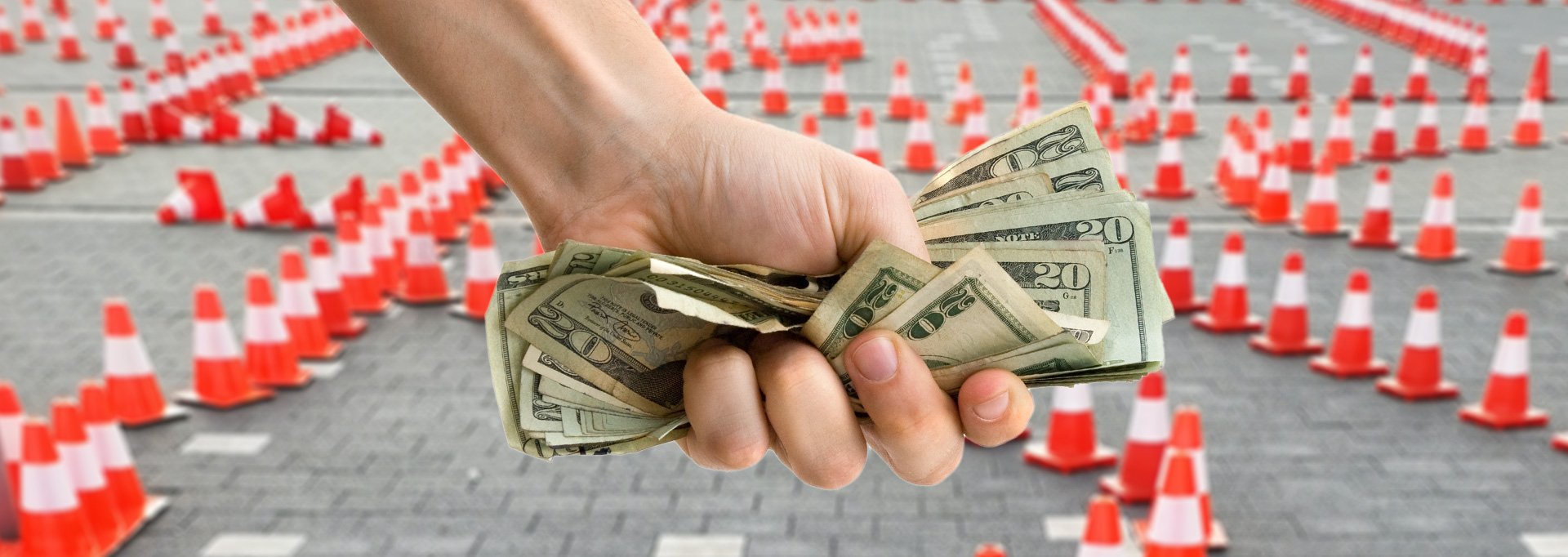Most products on this page are from partners who may compensate us. This may influence which products we write about and where and how they appear on the page. However, opinions expressed here are the author's alone, not those of any bank, credit card issuer, airline or hotel chain. This page may include information about American Express products currently unavailable on Slickdeals. American Express is not a partner of Slickdeals.
Here's what to know about debt and how to manage it.
Factors Contributing to Rising Credit Card Debt in the U.S.
The reasons behind this trend are complex, but a challenging economy is a significant factor. High inflation and rising interest rates make it harder for people to save and more painful to borrow. These economic forces put pressure on household budgets, forcing many Americans to turn to credit cards to cover basic expenses or unexpected costs.
The Importance of Building an Emergency Fund
Without an emergency fund, even a small surprise expense can put a significant strain on a household budget. Yet, only a small percent of people report that they would be able to cover a surprise expense of $1,000 with their savings. This suggests that many people need more savings to manage emergency expenses.
To build an emergency fund, analysts suggest that families should have enough savings to cover three to six months of expenses. Here are some tips to help you get started:
- Prioritize debt repayment and savings goals
- Seek professional help
- Boost Income and avoid new debt
Prioritize Debt Repayment and Savings Goals
Start by creating a budget that aligns with your financial goals and helps you stay on track. Prioritize paying off high-interest debt first, and consider making more than the minimum payment each month to reduce your debt faster and save money on interest charges.
Seek Professional Help From Financial Advisors and Credit Counselors
If you're struggling to manage your debt or build your savings, consider seeking help from a financial advisor or credit counselor. They can provide personalized guidance and support to help you achieve your financial goals.
Creative Ways to Boost Income and Avoid New Debt
When working to pay off existing debt and build your emergency fund, it's important to avoid taking on new debt. One way to achieve this is by finding creative ways to generate income. Here are some actionable tips to help boost your income and avoid new debt:
- Sell unwanted items: Look around your home for items you no longer need or use, and sell them online or at a garage sale. You may be surprised at how much extra cash you can generate from items you no longer need.
- Take on a side job: Consider taking on a part-time job or freelancing work to earn extra income. This could include dog walking, house cleaning or tutoring.
- Negotiate a raise: If you're currently employed, consider negotiating a raise or asking for additional responsibilities that come with a higher salary.
How Balance Transfers Can Help
If you're struggling with high-interest credit card debt, consider transferring your balance to a card with a lower interest rate. Many credit card companies offer balance transfer promotions with 0% interest for a limited time, which can help you pay off your debt faster and save money on interest charges. Balance transfer cards work best if you know you can afford to pay off the balance before the intro period ends. Otherwise you'll face steep interest charges when the regular rate kicks in. Be sure to read the fine print and understand the terms and conditions of the promotion before applying for a balance transfer card.
Pay No Interest for a Limited TimeHere Are the Best Balance Transfer Cards
Visit the Marketplace
3 Tips on Using Credit Cards Wisely
Credit cards can be a useful tool for managing your finances and earning rewards, but it's important to use them strategically to avoid falling into debt. Here are three tips to help you use credit cards wisely:
Pay your balance in full each month: By paying your balance in full, you can avoid interest charges and keep your credit utilization ratio low, which can help improve your credit score.
Don't overspend: Only charge what you can afford to pay off each month, and avoid using credit cards for unnecessary purchases. If you're not sure what you can afford, creating a budget or using a budgeting app can help.
Monitor your account regularly: Keep track of your credit card activity to ensure there are no unauthorized charges or fraudulent activity on your account. Set up alerts or notifications to stay informed about your account activity and avoid missed payments or late fees.
Taking Action to Achieve Financial Stability
The high levels of credit card debt among Americans revealed by the
By prioritizing debt repayment, creating a budget, seeking professional help and finding creative ways to boost income, people can take control of their finances and work toward their long-term financial goals. It's never too late to start taking action, and by following the tips provided, anyone can take the first steps toward achieving financial stability.

















